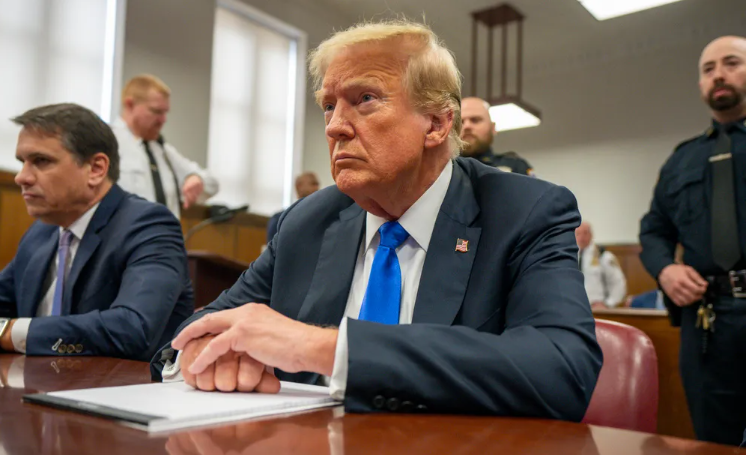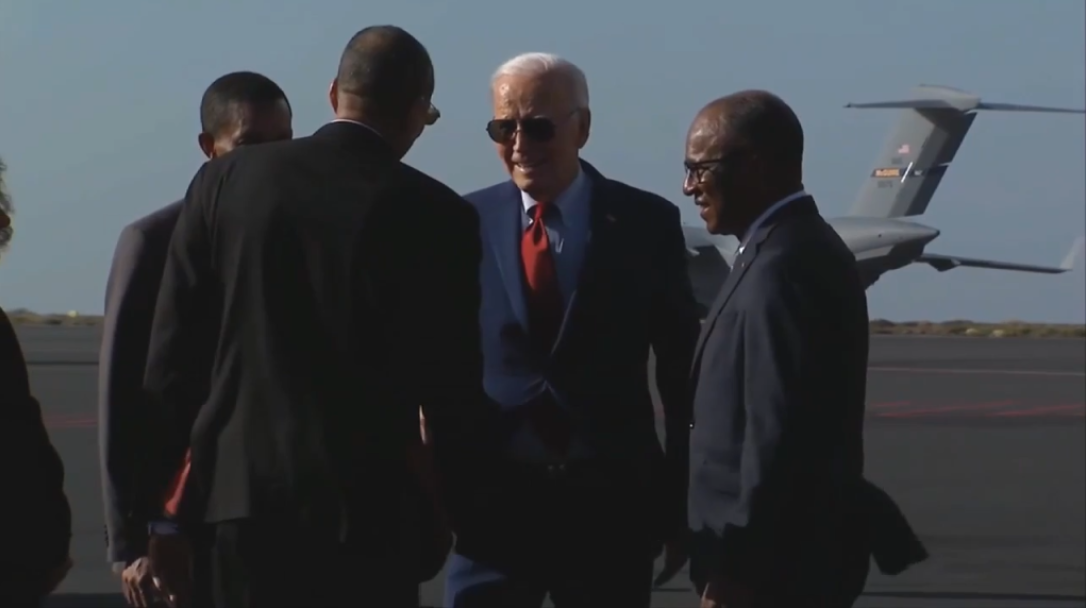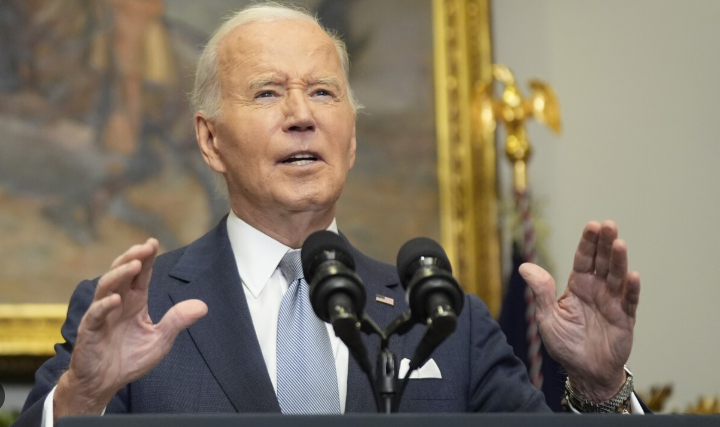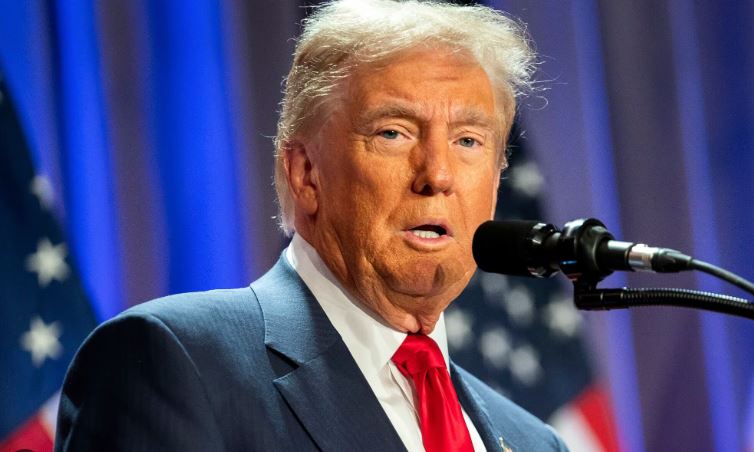In a stunning twist that has left global analysts perplexed, Russian President Vladimir Putin’s latest political maneuvers appear to have sabotaged one of the Kremlin’s most lucrative markets. This dramatic turn of events threatens to reshape the economic and geopolitical landscape for Russia, with far-reaching consequences.
Russia’s Key Market on the Brink
For years, Russia’s energy exports have been its economic backbone, with Europe serving as the primary consumer of its oil and natural gas. However, Putin’s aggressive policies, including the invasion of Ukraine and the subsequent weaponization of energy supplies, have driven Europe to seek alternatives at an unprecedented pace.
In response to Russia’s unreliability as an energy supplier, European nations have ramped up investments in renewable energy, accelerated LNG imports from the United States, and solidified partnerships with other global producers. Experts now warn that these strategic shifts could render Russia’s position as Europe’s energy giant obsolete.
The Domino Effect
The Kremlin’s self-sabotaging policies are not just a political gamble but a financial disaster. Recent data shows a sharp decline in Russian energy exports to Europe, forcing Moscow to rely heavily on China and India. While these markets provide some relief, they demand steep discounts, significantly reducing Russia’s revenue streams.
“Putin has essentially burned bridges with his most profitable market,” said Maria Ivanova, a Moscow-based economist. “This is not just a temporary setback but a long-term loss that will be difficult, if not impossible, to recover from.”
Internal Strain and Global Isolation
The economic fallout is reverberating within Russia, with inflation rising and government spending stretched thin due to the ongoing war in Ukraine. Additionally, international sanctions continue to choke key sectors of the Russian economy, further compounding the Kremlin’s woes.
Western leaders have capitalized on Russia’s missteps, bolstering unity among NATO allies and advancing policies to isolate Moscow. Meanwhile, the global energy market is adapting to a new era, one in which Russian dominance is increasingly seen as a relic of the past.
A Spectacular Miscalculation
Critics argue that Putin’s aggressive foreign policies have not only alienated allies but also accelerated his country’s decline. “This is a spectacular act of self-sabotage,” said John Peterson, a senior fellow at the Global Policy Institute. “The Kremlin underestimated the resolve of its adversaries and overestimated its own leverage.”
As Europe moves forward with its energy transition and geopolitical realignment, Russia faces an uncertain future, one where its once-dominant position in global markets could fade into irrelevance. For Putin, the question now is whether this gamble was worth the devastating cost.
Stay tuned as this story develops, with implications that could define the next chapter of global power dynamics.







